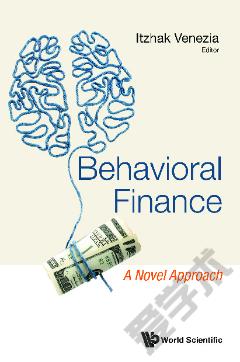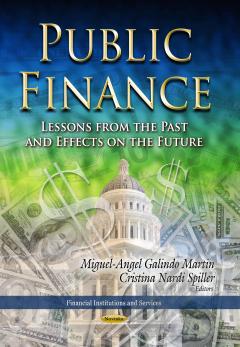Behavioral Finance: The Coming Of Age
The area of behavioral finance, though relatively young, has matured and spread beyond its initial objectives: to demonstrate the fallibility of the efficient market hypothesis, to shake the belief in the ubiquity of rational decision making, and to convince the finance world of the importance of psychological biases in decision making. The success of the field in meeting its goals, however, has called into question its continued relevance. Behavioral finance is thus currently at a crossroads, and researchers need to decide which way they should turn for the area to continue to thrive and to meaningfully contribute to financial knowledge.
{{comment.content}}








 京公网安备 11010802027623号
京公网安备 11010802027623号